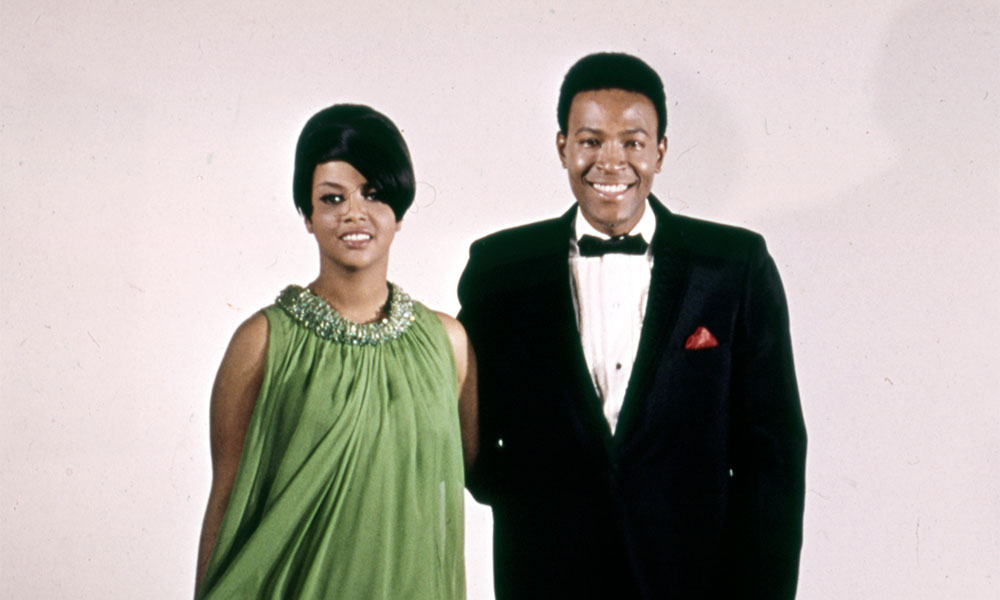
A Testament to Unbreakable Devotion That Defied the Barriers of Time and Genre
When Marvin Gaye and Tammi Terrell released “Ain’t No Mountain High Enough” in April 1967, few could have predicted the seismic ripple it would send through soul music. Issued as the lead single from their debut collaborative album, United, the song climbed to No. 19 on the Billboard Hot 100 and reached No. 3 on the R&B chart—impressive feats, yet ones that only hint at its enduring cultural legacy. More than a charting hit, it became a cornerstone of Motown’s golden era and a spiritual anthem of unwavering commitment, rendered eternal by the incandescent chemistry between Gaye and Terrell.
Originally penned by the indomitable songwriting duo Nickolas Ashford and Valerie Simpson, “Ain’t No Mountain High Enough” was conceived before Ashford & Simpson had even fully joined the Motown family. They had held on to it, knowing they wanted the right voices to carry its promise of steadfast love. Those voices arrived in the form of Gaye’s silk-smooth baritone and Terrell’s vibrant soprano—an alchemy so pure that it transformed this declaration of loyalty into something transcendent.
The song’s narrative is elegantly simple: an unshakable vow that neither mountain, valley, nor river can keep one soul from reaching another in need. Yet beneath this simplicity lies a wellspring of emotional complexity. The lyrics evoke not just romantic fidelity but a deeper resonance—the kind of connection that exists beyond physical constraints or fleeting circumstance. It’s about presence in absence, about love as a force that traverses space and time.
Musically, “Ain’t No Mountain High Enough” thrives on contrasts that mirror its lyrical dualities. The arrangement—anchored by the pulsating rhythm section of Motown’s legendary house band, The Funk Brothers—creates both urgency and uplift. Strings swell with cinematic scope while gospel-inflected call-and-response phrasing imbues each chorus with spiritual vitality. And always at its heart are Gaye and Terrell, trading verses like tender vows across a distance they refuse to acknowledge.
What elevates this recording above many of its contemporaries is not merely its craft but its sincerity. This was no fabricated duet; theirs was a genuine friendship marked by mutual respect and affection—a dynamic tragically cut short when Terrell fell ill with a brain tumor less than two years later. That looming shadow adds retrospective poignancy to every note they shared, especially in this track where their voices are full of life, hope, and unwavering belief.
In the decades since its release, “Ain’t No Mountain High Enough” has become more than just a love song—it is a cultural touchstone. It speaks to resilience, loyalty, and the kind of emotional courage that refuses to yield. Covered countless times yet never surpassed in raw emotional impact, the original duet remains an enduring testament to what happens when talent meets truth—and when love insists on making itself heard above all else.